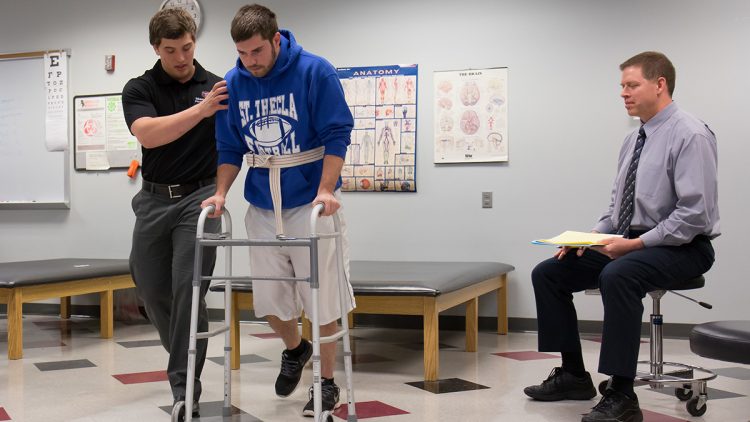Ageism, or discrimination based on age, is a serious issue for the aging population. However, ageism isn’t just focused on the elderly.
“The experience of age discrimination for being older can begin as early as young adulthood,” said Dr. Ruth Walker, assistant professor of psychology at Missouri State University. “The perceived age of a person is relative to the individual doing the perceiving.”
Ageism at any age
Walker’s research focuses on experiences with inequality across the lifespan and how these experiences can affect an individual’s well-being and health.
This provides Walker with a broader understanding of the way ageism happens at any point in a person’s lifespan. Despite age differences, Walker is often surprised at the similarities amongst those she interviews.
“A young male Marine in his early 30s discussed how he is frequently called ‘grandpa’ by younger Marines and was assumed to be too old to complete certain aspects of his job even though he is still a young adult,” said Walker. “These are experiences commonly reported by men in their 60s and older. Experiencing ageism for being older is not an experience isolated to older adulthood.”
Ageism across the decades
Ageism isn’t just limited to a certain time frame, either.
“For example, I interviewed a 74-year-old black woman who described being pregnant at the age of 15 in 1958. She was treated like she had committed a crime,” said Walker. “No one in her neighborhood would talk to her, she lost all of her friends and she was forced to marry the father of her child against her wishes.”
Her experiences were remarkably similar to those of a 37-year-old white woman Walker interviewed who became pregnant at the age of 17 in 1996. The experiences of young parenthood for those women stood in stark contrast to those reported by a 37-year-old white man who became a young single father in 1998.
“He described how he was showered with ‘compliment after compliment’ as well as offers of help,” said Walker. “It is interesting how the experience of young parenthood had remained fairly constant, and negative, across time for women of different races in this particular study, but was a relatively positive experience for the male participant.”
A common misconception
According to Walker, there is one common misconception made about the studying aging and older adulthood in general.
“As with other social identity categories, such as race, gender or class, there are so many stereotypes about aging and older adults that are difficult to overcome,” said Walker. “Though many people believe older adults to be sick or frail, in actuality the proportion of older adults with disabilities has gone down over time. The reality is that most older adults are aging well and living independently in the community.”
For more information, contact Walker at 417-836-4677.


Leave a Reply